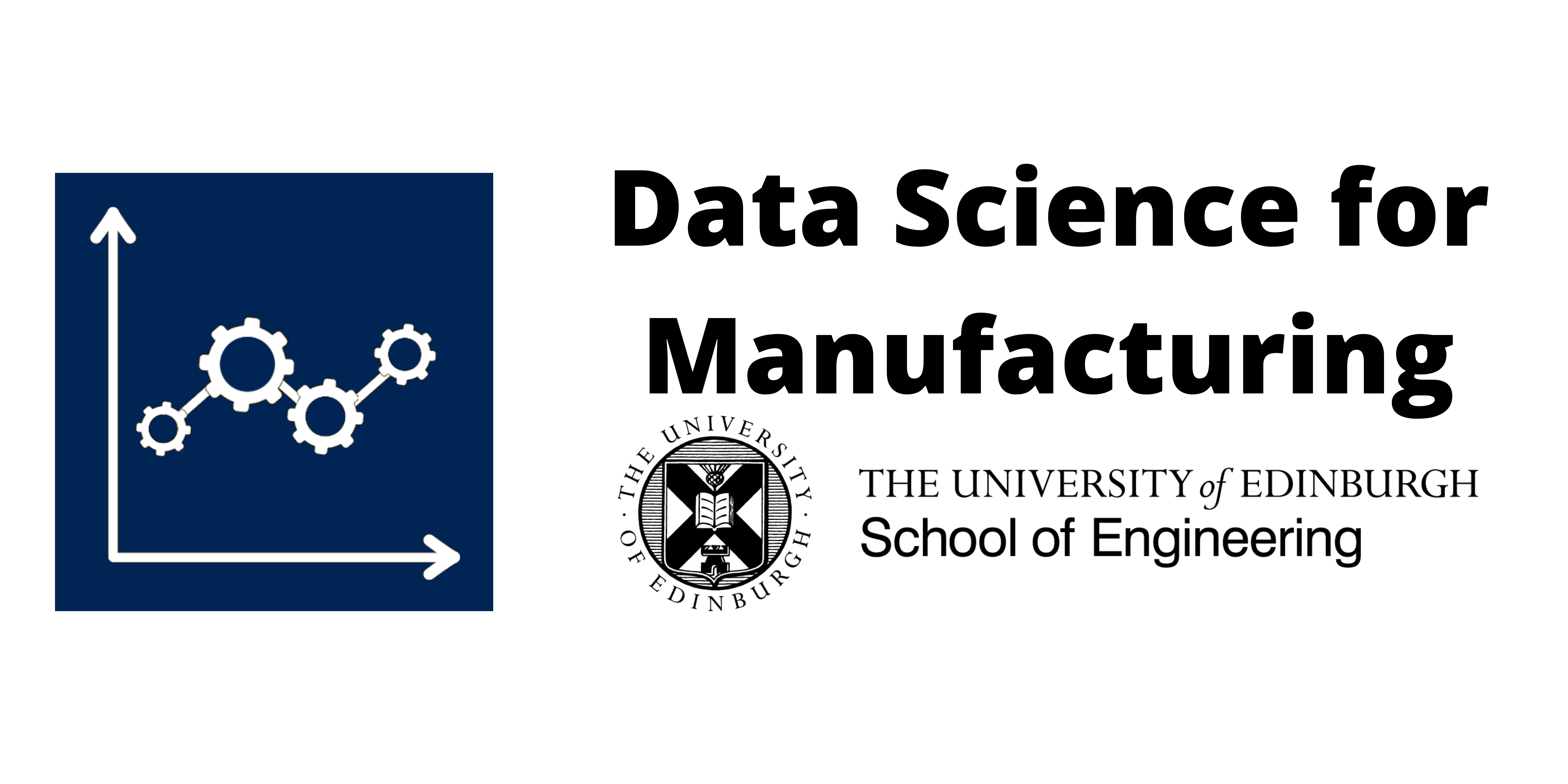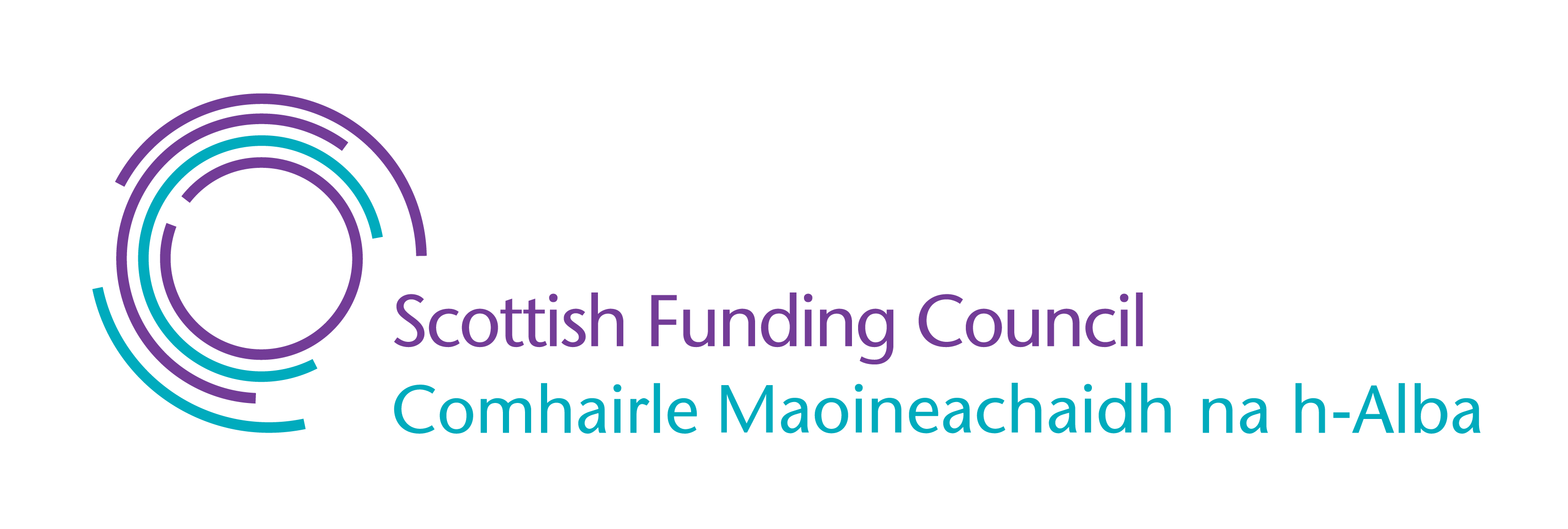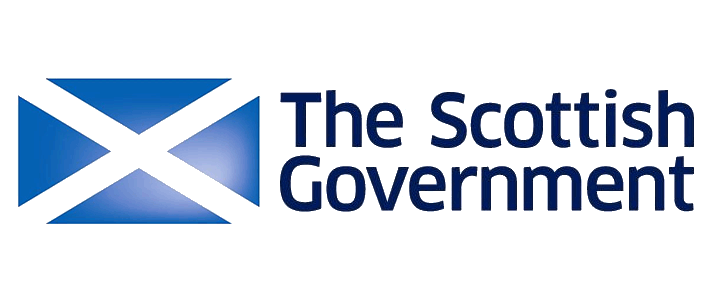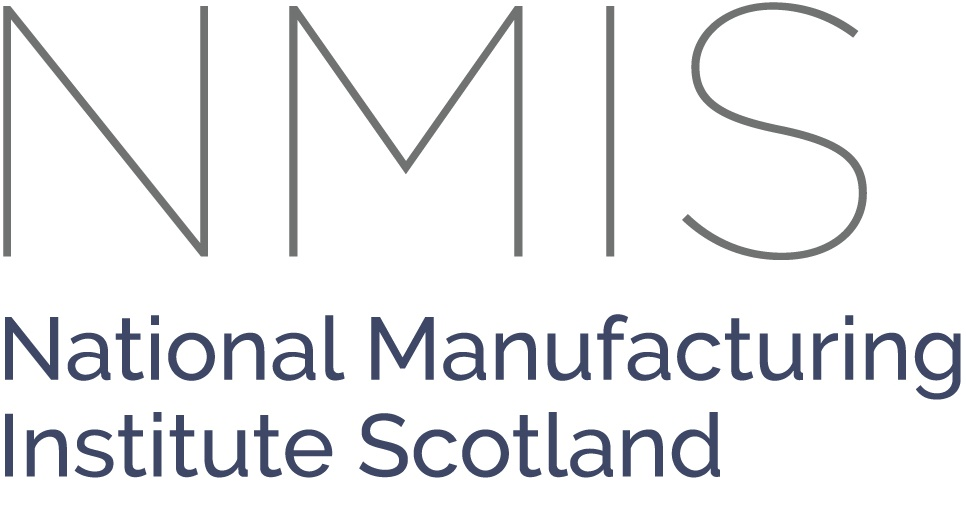
This is a course on data science for manufacturing, part of the Data Upskilling Short Courses portfolio aiming at upskilling professionals
Navigation
OverviewCourse Description
Timetable & Online Support
Topics & Schedule
Requirements, Fees and Waivers
How to apply
FAQs
Register Interest
Apply
Team
E-mail us




Frequently Asked Questions
We list here answers to questions from applicants and more detail about discussions on key topics raised during interviews with potential course applicants. This is a live document and will be updated regularly; please e-mail us if you have any questions not addressed here.
Formal course application
Are there any specific eligibility requirements for taking part in the course?
- The key requirement for eligibility is interest in applications of data science in manufacturing.
- Note you do not need to have a technical or computer-related background or experience.
- You must have work experience beyond school; this may be in any sector.
- You do not need to currently be in employment.
Do I qualify for a fee waiver?
Eligibility criteria for a fee waiver are laid out here.
When is the application deadline
The Bayes Centre will continue to accept applications for this course till close of play Fri, 10th September 2023.
Can I also take another course in Bayes’ Data Upskilling Short Courses portfolio?
Yes, though there may be restrictions on the number of funded places you can have each academic session.
Hands-on sessions and project work
What software do I need for the course?
We will use the Blackboard Collaborate virtual classroom for interactive sessions (workshop tutorials and lecture Q&As). To join you will need an internet connection that can support web conferencing and a web browser. Blackboard will also normally work on a mobile device via its app. We also have full access to Teams, so will have this as a backup option if this provides more reliable connectivity for the class.
We will provide information on accessing and/or installing any other software used in tutorials as and when needed. This is not required as we will provide live demos where necessary. If you wish to try a new tool, some may be accessed from a web browser. Installing desktop tools will remain optional.
What level of technology proficiency do I need?
You need to be IT literate and be confident using a keyboard. The course will involve some basic coding so previous experience in any language will be an advantage. Students with minimal coding experience should be able to complete the course but will have to do additional study in the early weeks to become familiar with certain data types (e.g. arrays, strings and lists) and coding constructs (e.g. loops and for statements).
Students should also have some knowledge of statistics and maths (SQA Higher level). Additional study might be required to become familiar with certain measures and algorithms.
Each participant will have the opportunity to focus on a sub-set of advanced data analysis options, based on their project definition and other skills desired for work or personal interests.
What is going to happen in the workshops?
The workshops are considered the backbone activity of the course. Workshops map to each week’s lecture topics, to deepen understanding of concepts discussed and map theory and guidelines to practical application using your project data and ideas. They are practical, hands-on sessions to help you to develop, share and evaluate ideas you have for your project.
Please note that if you choose not to attend tutorials you must still follow the tutorial scripts; these are linked to brief reflection exercises that guide you through the process of completing your final project.
BYOD – Bring Your Own Data
We encourage participants to come with an idea and/or data for their project, from work or of personal interest.
Please note you do not need to have an idea formulated in advance; we will address projects and input data in the first week’s tutorials. We will also provide pointers to public, open datasets.
Please complete a short survey and provide your contact details or e-mail us if you wish to discuss ideas prior to course start.
What if I have sensitive and/or private data?
Where necessary we will provide support for working with sensitive data, including the use of non-disclosure agreements (NDAs), anonymisation of data or the generation of synthetic data from your source data.
To take full advantage of the (optional) hands-on tutorial sessions, you may wish to share some aspects and visualisations about your data, to obtain peer and tutor feedback. We will provide guidance for doing so without revealing sensitive information.
Can I work alone on my project, or do I have to work in a group?
We anticipate most participants will carry out individual projects. However, you may work in small groups, for example, colleagues in the same company may wish to collaborate to complete a larger task, or self-forming groups may bring together different perspectives to develop a more complex project than could be completed individually within the constraints of the course.
Please note that in either case each participant will complete a brief, individual reflection exercise to accompany their project.
Course Assessment
The course is certified by the University of Edinburgh; it therefore has a formal assessment component. Overall assessment will combine results from brief reflection exercises linked to tutorials and your final project. To structure the learning process participants will receive general and one-on-one feedback as the course progresses.
Forum Discussions
We aim to provide a moderated discussion forum to support peer learning and informal networking, alongside the virtual classroom, which may be used for smaller, informal discussions outwith timetabled tutorials.